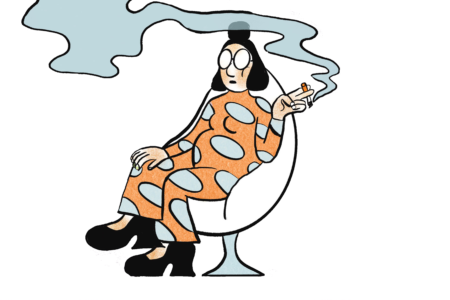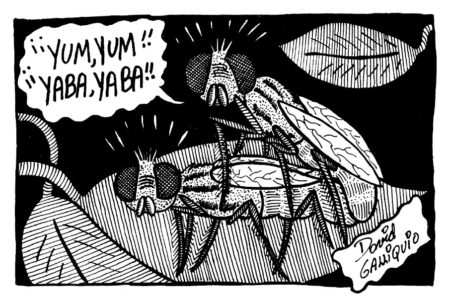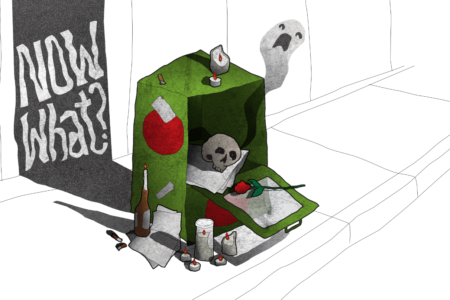Features
Overtime and Improv Classes: Aisha Franz on Work-Life Balance and Berlin’s Tech Culture Clash
Berlin is now home to more than 600 startups, modeling themselves after successful American businesses, many tried to import American workplace culture. Cartoonist Aisha Franz' latest book is a satire of the calamity that ensued.
Hazel Jane Plante on Any Other City, Re-Writing a Life and The Museum of Jurassic Technology
"As I’ve gotten older, I’ve also realized that I’ll never have time to create all the projects that bubble up in me, so they often come alive in my fiction."
One Day We Will All Die. Who’ll Make Comics Then? David Galliquio and Comix in Unpredictable Peru.
"People thought I was a degenerate, I did what I did only because the one underground rule was that there were no rules." How the perilous, conservative rulership of Peru shaped its counterculture.
Walking Tall: Boots Riley on the Utility of Absurd Art
“What I want to do is use this exaggeration to point out contradictions and to point out ironies and skip over large swaths of theory and just smack it in your face. That’s the usefulness to me.” The activist, musician and director tells us how to speak to a world that's gotten strange.
NOW What: Is There A Future for the Alt-Weekly?
The loss of local voices goes beyond arts scenes and progressive op-eds as trusted legacy publications become propaganda for your city's worst actors.





